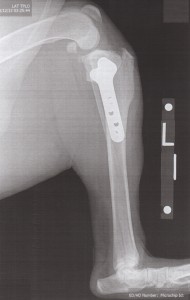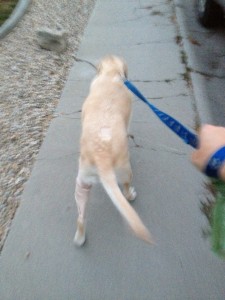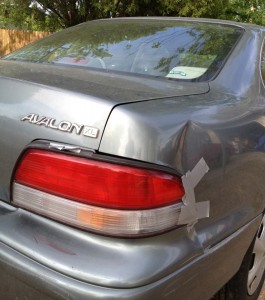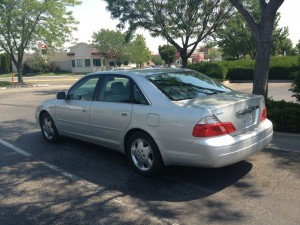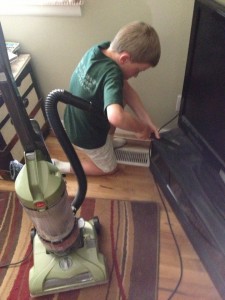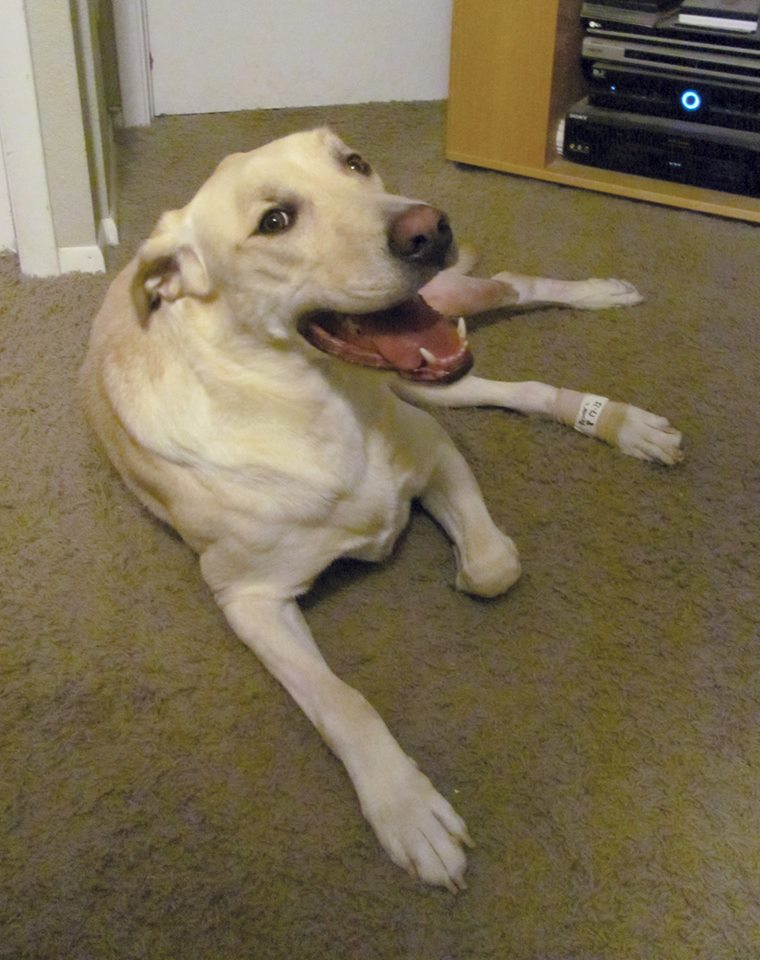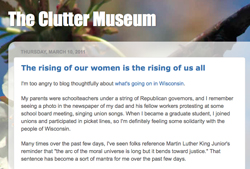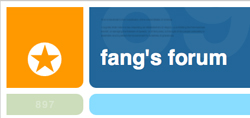As I wrote earlier this year, I’m participating in Marci Glass’s STARward project, in which participants reflect on a word given to them by Marci (who not only writes a thoughtful blog, but also happens to be the pastor of a church a few blocks from where I live). I drew the word calling.
It’s been a fortuitous word.
I.
As I write this, I’m sitting in the room of a historic hotel in Washington, D.C., half-watching the construction going on across the street. The heavy equipment emits a steady stream of growls and whines and beeps, and despite my attempts to render it background noise, it’s a constant distraction.
It’s also a metaphor.
II.
I was in D.C. yesterday for a day of work, but I stayed an extra night so that I wouldn’t have to take a red eye home to Boise. My plane doesn’t take off until 2:30, but instead of setting out early to explore one of my favorite cities (my modus operandi), I’m in self-preservation mode, trying to save all my energy. This week is marked by two sets of papers to grade and two sets of final exams. I’m usually a better end-of-semester planner, but this time I failed in a big way—especially since last week involved reviewing 640 pages of grant applications as well.
Plus, this is the time of year when I’m most likely to get sick. (Witness last year’s bout of antibiotic-resistant pneumonia.) So instead of venturing out into D.C., I sit here, at my aging laptop, thinking about all the things I’d like to build—while being distracted by the sounds of people actually building across Massachusetts Avenue NW.
III.
A quick review. . .
In an earlier post on calling, I wrote about the values and qualities I’d like to have more of in my professional life. I listed:
- congruity between thought and action/a greater alignment between how I want to spend my working hours and how I’m actually working
- synthesis of my various interests, and clarity in articulating them to others
- experimentation with new knowledge and the fluency that comes from regular practice of emerging skills and vocabularies
- receptivity to new opportunities
- financial stability
And I acknowledged the qualities that I have in abundance in my current job:
- autonomy
- supportiveness
- collegiality (and especially humor)
- enthusiasm
I also wrote about the calling I feel:
- I am called to encourage all people to become fully engaged with lifelong learning, by participating more fully, for example, in crafting their community’s historical narratives or in local citizen science projects.
- I am called to open dialogues with people who hold very different beliefs from me, not in the hope of changing minds, but of provoking deeper thought in all conversants.
- I am called to help people become explorers or creators of whatever matters to them, and to help them share their passions with others.
- I am called to various genres of reflective writing, including poetry and essays.
IV.
In recent months, my ideas about calling have not changed, but I’ve sought ways to restore the balance to my personal life. Lucas is growing fast in every way, and he needs both parents a lot right now. Fang is always there for him, but my work keeps me out of the house a good deal, and even when I am home, I’m often playing catch-up.
This work situation is not sustainable, especially since we’ve been hemorrhaging money since moving here. It would be one thing if we were saving for a better near-future, but it’s quite the opposite. I’ll spare you the details.
V.
Since I moved to Boise, my sister has had two children, my grandmother has died, and my aunt has developed brain cancer. My parents will turn 70 next year. Meanwhile, on every visit to Long Beach, Lucas announces he wants to move there to be closer to family. He recently informed us he’s saving up money so we can move to Long Beach.
Meanwhile, Fang is trying desperately to provide a stable social life for Lucas, as—long, unbloggable story—it’s not happening at school. So I can’t talk about wanting—needing—to leave this place because Fang is worried people won’t invest socially and emotionally in the boy if our departure seems imminent. And of course, the same thing applies to me and my career at work.
So, now I have this big new goal, but I need to be relatively quiet about pursuing it. That’s not my style; I’m twitching and champing at the bit. (So, yes, I’m blogging about it.)
VI.
I know from years of searching that jobs for humanities Ph.D.s in Long Beach and its environs are limited largely to universities, and they’re not exactly in a hiring boom. Perhaps I’ll return to academic technology, but more likely I’ll go the entrepreneurial route.
Of course, establishing a business requires either a good deal of spare time from one’s regular job—or a total dedication to the task and a comfortable financial cushion, neither of which I have right now.
It would be easy to throw up my hands and let the financial situation circumscribe my life even further. But because this is about family, and especially about Lucas, I need to double down. I need to learn to ignore the constant metaphorical beeps and growls and whines that constitute the distractions in my professional environment.
VII.
Progress.
1. I’m 95 percent finished with the first draft of a guide for students on how to write argumentative essays. Despite Rebecca Schuman’s fatwa on the college essay, I’m betting the assignment won’t vanish anytime soon. I plan to get the guide edited, then publish it as an ebook and perhaps print-on-demand. I’ll let you know when it’s finished.
2. I’ve filed for an LLC and set up the website for a college admissions consulting business. (The idea emerged from this summer’s internship.) I’ll be contacting local schools soon to see if I can give some presentations on what the various disruptions in higher education mean for incoming students, and how those disruptions should affect and inform students’ search for the right college. You can check out the site if you’re curious, and subscribe to the blog. If you know anyone with students in high school, please share the blog with them; even if they don’t become my clients, I want to help them learn about the rapidly changing landscape of higher ed.
(And yes, when I’ve talked with a couple fellow faculty about my rates, they were astonished. I’ve done my research, and rest assured that at these prices my assistance, even priced as it is, is a bargain. My goal is not just to support my family, but to get to a point where I’m financially independent enough to spend time doing a good deal of pro bono admissions advising with underrepresented students.)
3. I’ve started a mastermind group with my sister, who is also new to entrepreneurship. Talking with her—she’s one of my favorite people—motivates me to get quickly to the point where Fang, Lucas, and I can move to Long Beach. (Check out her blog if you like new-parent stories.)
I have a timeline in mind—and it’s a generous one; no move is imminent—but I’m not ready to share it here.
VIII.
So, my calling, amended to include personal goals as well as professional ones:
- I am called to put family first, and to live near family.
- I am called to encourage all people to become fully engaged with lifelong learning.
- I am called to help people become explorers or creators of whatever matters to them, and to help them share their passions with others.
I want to know about your calling. Are you living your calling? If not, what steps are you taking to get there?


